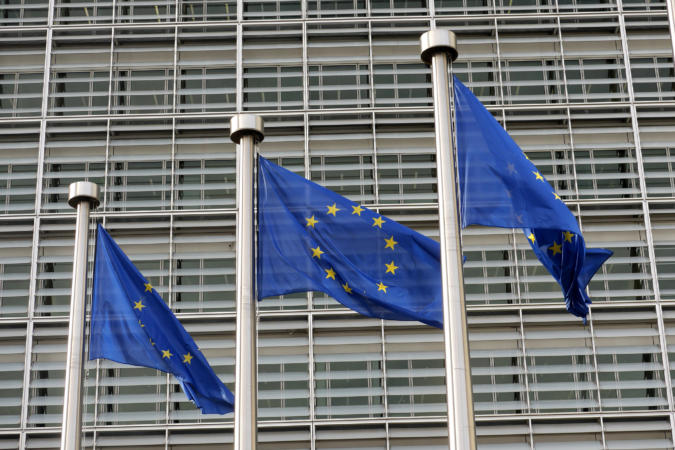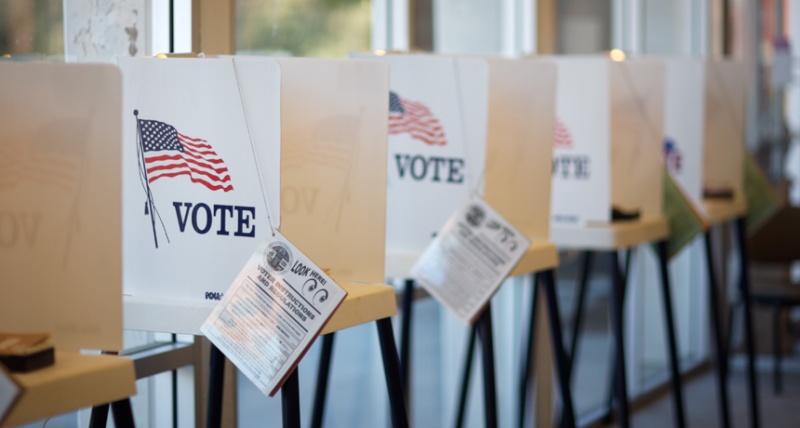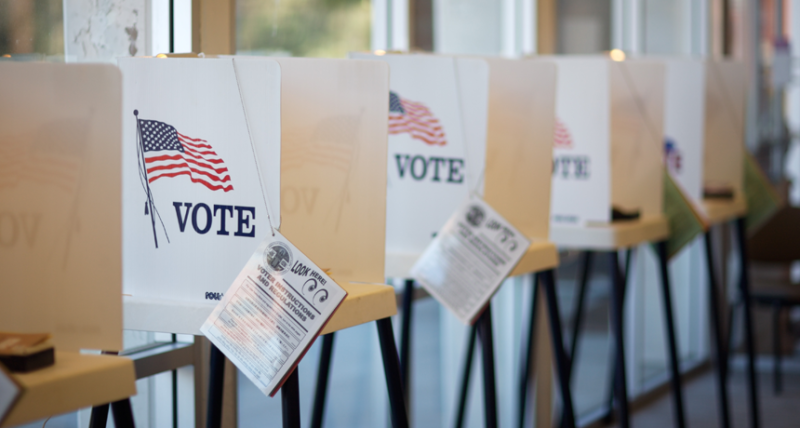Showing 5 results for:
Election interference
Popular topics
All results

Today, the EU released a report detailing the actions it has taken in partnership with major tech companies —Twitter, Google, and Facebook — to combat the spread of fake news. Since 2015, the European Commission has taken steps to fight misinformation online by providing self-regulatory guidelines for companies, establishing a Code of Practice for the platforms and advertisers, and pushing for increased transparency on the political ad policies on social media websites. Despite all of that, the Commission said that there was still an influx of targeted online attacks on the platforms ahead of recent EU elections. The Commission is now calling on tech companies to do more to stop the spread of fake news. The Commission said in its report: “…all online platforms need to provide more detailed information allowing the identification of malign actors and targeted Member States They should also intensify their cooperation with fact checkers and empower users to better detect...

Facebook revealed it removed 265 Facebook and Instagram accounts aimed at influencing elections in Nigeria, Senegal, Togo, Angola, Niger, and Tunisia. In a blog post, the company said the “coordinated inauthentic behavior” originated in Israel, adding: “We’re constantly working to detect and stop this type of activity because we don’t want our services to be used to manipulate people. As in other cases involving coordinated inauthentic behavior, the individuals behind this activity coordinated with one another to mislead others about who they were and what they were doing, and that was the basis for our action.” Facebook deleted 65 Facebook accounts, 161 Pages, 23 Groups, 12 events, and four Instagram accounts associated with the Israeli public relations firm Archimedes Group. According to Facebook, about 2.8 million accounts followed at least one of the pages, 5,500 accounts joined a group, and around 920 people followed the Instagram accounts. “We identified these accounts and...

With the 2020 election coming up, social media companies are facing increased pressure to tackle election interference on their platforms. Ahead of the November 2018 midterms, Facebook established a “War Room” that could possibly return for the presidential elections. And last month, Twitter introduced a new “misleading about voting” report feature. However, there’s another problem looming. Eight case studies commissioned by the Institute for the Future’s Digital Intelligence Lab show that extremists co-opt the conversations of vulnerable groups — including Latino, Muslim, and Jewish communities. The studies were first reported by Buzzfeed News . Researchers focused on computational propaganda or the “assemblage of social media platforms, autonomous agents, and big data tasked with the manipulation of public opinion” — i.e., digital propaganda.” The groups chosen for studies were Muslim Americans, Latino Americans, moderate republicans, immigration activists, Black women gun owners,...

As election season continues to brew, four senators are calling for leading voting machine developers to amp up their systems to get ahead of possible election interference. Election Systems & Software, Dominion Voting Systems, and Hart InterCivic were named in a recent letter from members of the Senate due to the cybersecurity risks that the companies could pose for a looming election cycle. Sen. Amy Klobuchar (D-MN), Sen. Mark Warner (D-VA), Sen. Jack Reed (D-RI) and Sen. Gary Peters (D-MI) are calling for more innovation and competition in election machine makers. “The integrity of our elections remains under serious threat,” the Senators said in the letter to the companies. “The integrity of our elections is directly tied to the machines we vote on – the products that you make.” Election Systems and Software gained national attention back in November when it was revealed that its Model 650 election machines — a commonly used voting machine vulnerable to hacks — were still being...

The Model 650 election machines used in more than half of U.S. states are vulnerable to cyber attacks, according to a report by Ohio’s secretary of state. The high-speed machine is used to count ballots, but an issue in its system could fall victim to election interference. The Model 650, created by Election Systems & Software LLC, is still sold on the company’s website; however, a spokeswoman for Election Systems told the Wall Street Journal that the machines have not been in production since 2007. She also said that the election machines are still fairly difficult to hack into in a “real world environment.” In August, hackers at the Defcon conference discovered flaws many of the election machine systems used across the country and this research was later made into a report. The report said that most of the security issues with the voting machines are at pique vulnerability when a hacker has physical access to the equipment; however, there are still ways to hack them remotely....